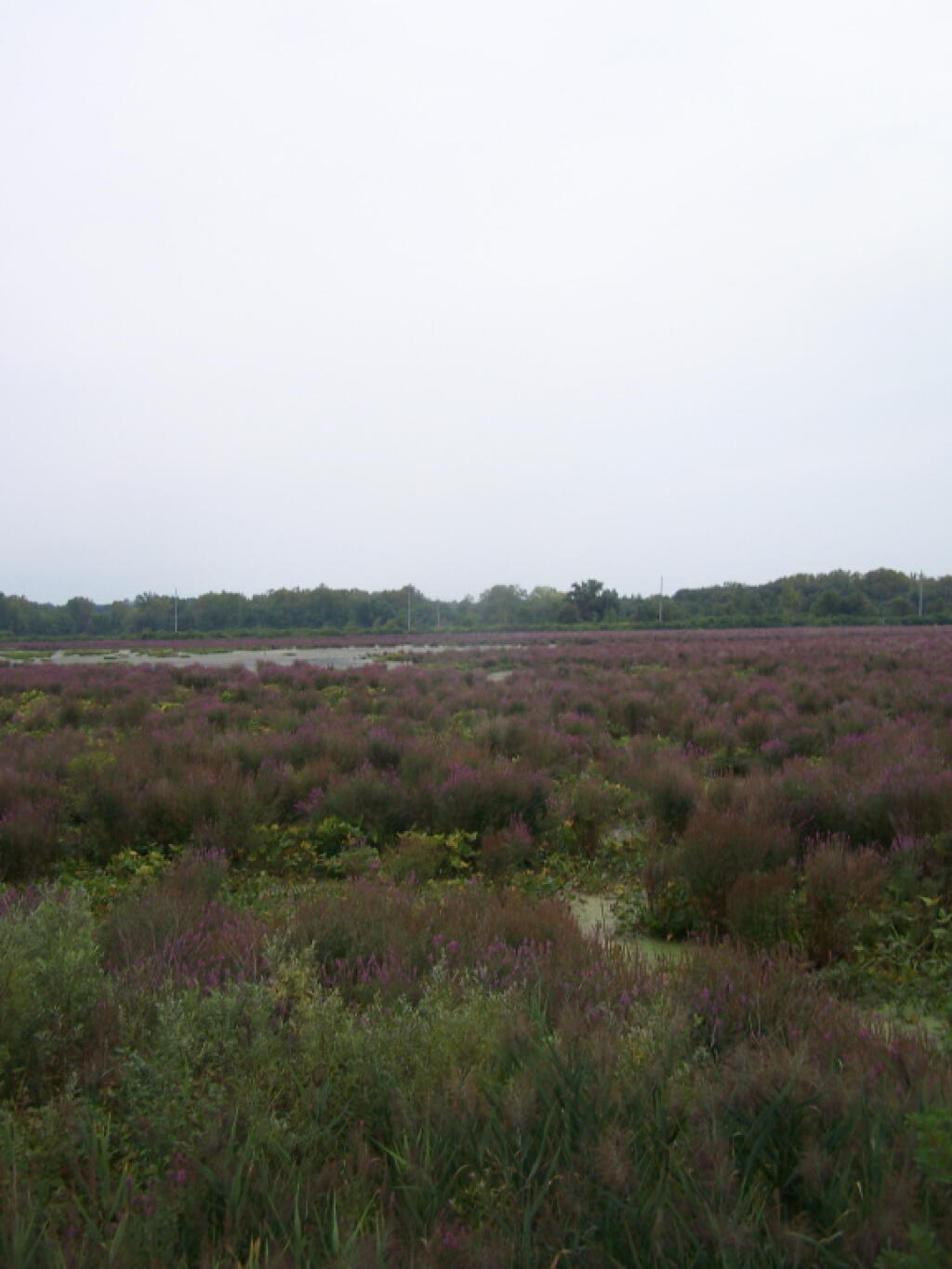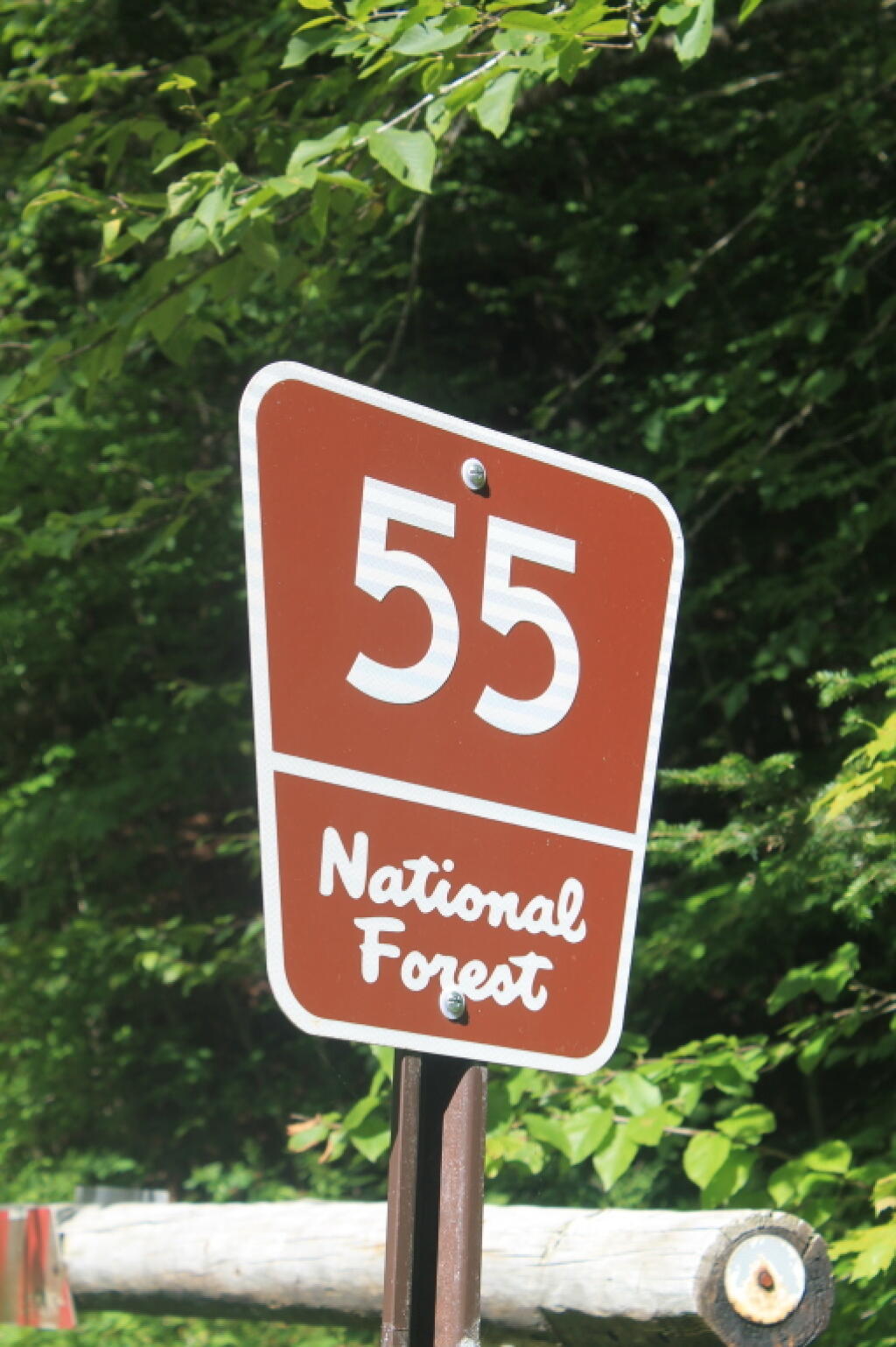Why We Need Widespread Rapid COVID Testing
8/27/20 by NPR
Web player: https://podcastaddict.com/episode/111671776
Episode: https://play.podtrac.com/npr-381444908/edge1.pod.npr.org/anon.npr-podcasts/podcast/npr/fa/2020/08/20200827_fa_fapodthurs-e5a1d6f4-062d-4af6-b825-b443befc4b71.mp3
‘Atlantic’ journalist Alexis Madrigal says millions of at-home saliva tests for COVID could be the key to life returning to normal — even if the tests are less accurate than the traditional PCR tests. We talk about the advantages and disadvantages of different kinds of testing, and what it would take for the government to fund and manufacture millions of daily tests. “I think what’s happened in the U.S. has been so catastrophic on so many levels — economically, psychologically, educationally — that we have to be at least willing to entertain the idea of a fairly radical plan that could work,” Madrigal says.


